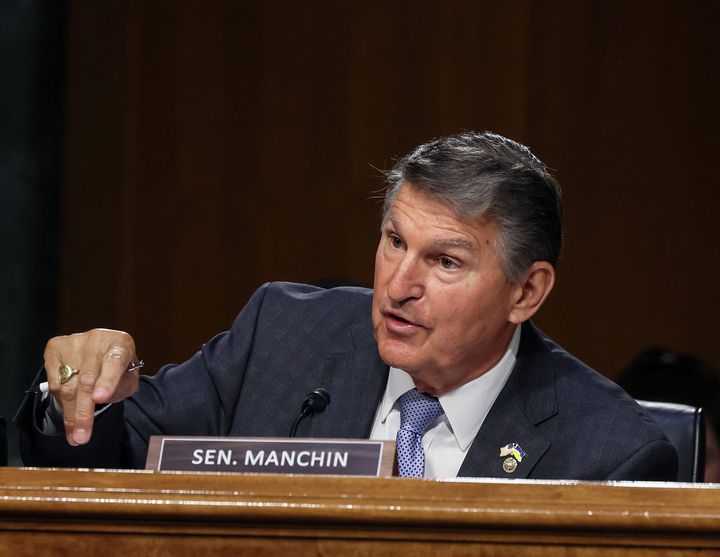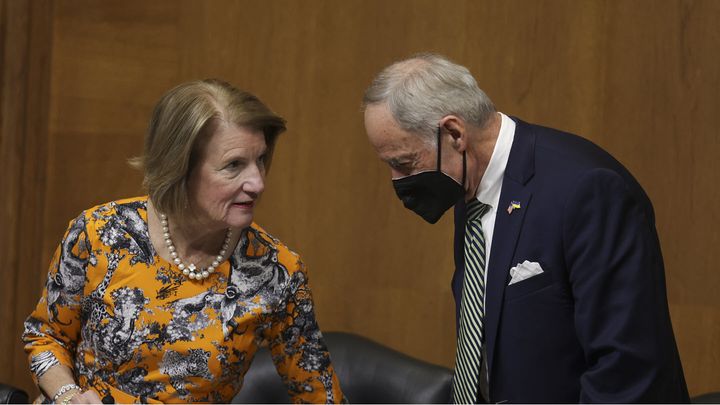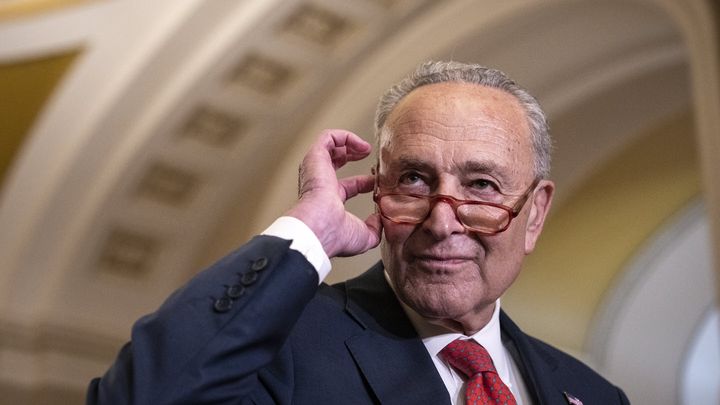Manchin Defends Tax Credit for Gas Companies Following Lobbying by ‘Dear Friend’
Manchin added a bill rider in July supporting the fossil fuel industry’s position on a major “clean hydrogen” tax credit after his longtime confidante Larry Puccio was hired to lobby by a gas company seeking the benefits.









